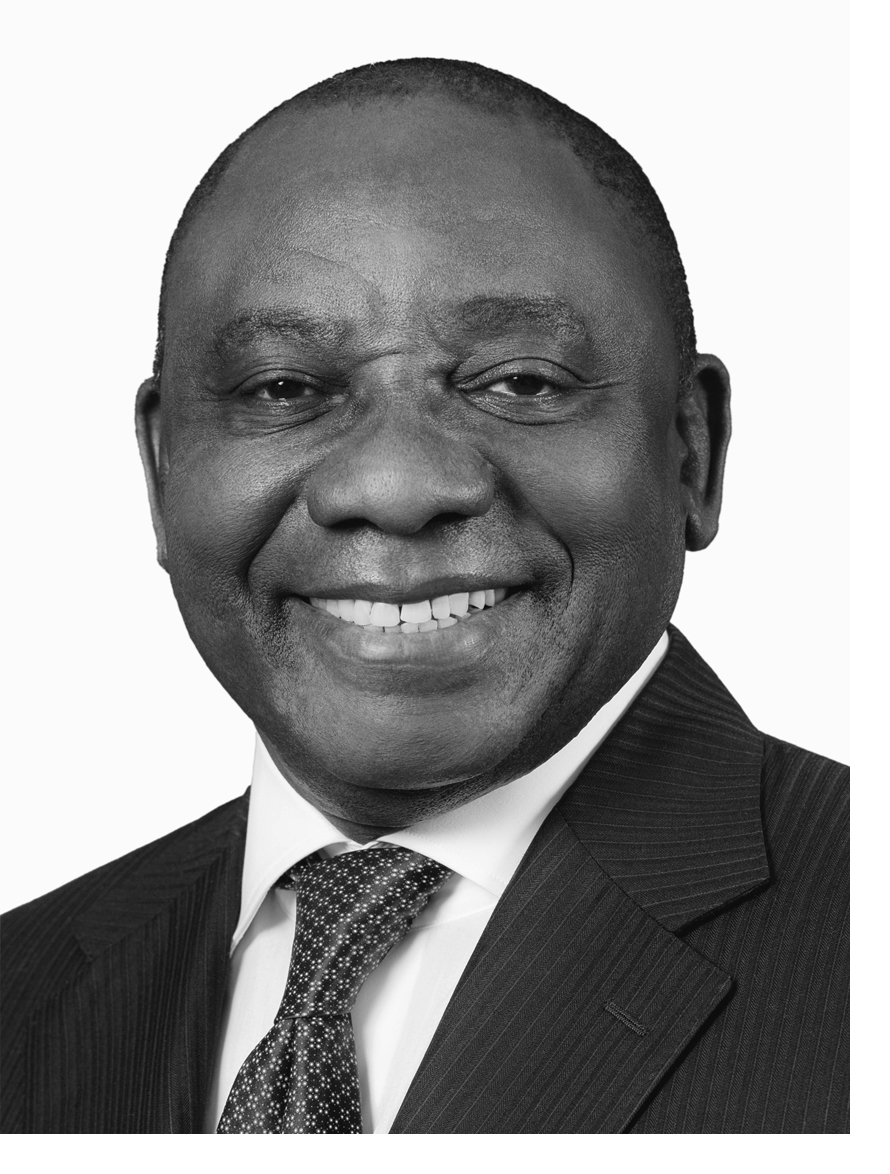Statement by President Cyril Ramaphosa at the First Session of the virtual G20 Leaders’ Summit on Overcoming the Pandemic and Restoring Growth and Jobs

Your Royal Highness,
Excellencies,
For most of this year, the G20 has focused on supporting countries in their efforts to save lives and contain the spread of the virus.
Now, we must also confront the financial and economic aftermath.
Many of the hardest hit economies are in Africa.
Economic activity on the continent is expected to contract by 3.2 per cent in 2020, with the region falling into a recession for the first time in 25 years.
The macro-economic and governance reforms undertaken by many countries were politically painful and took a time to produce results. Now all of that has been set back.
We call on the G20 member states to use all of their persuasive powers, individually and collectively, to convince all creditor countries, the multilateral development banks, the credit rating agencies and the private sector to continue to work with us to address the problem of burgeoning and unsustainable developing country debt.
The G20 Debt Service Suspension Initiative has helped to defer the immediate debt service payments of participating countries, and the recently agreed 6- month extension will provide further support.
However, in addition to the suspension of debt service payments, large financing needs remain necessary to both stave off a deep humanitarian crisis and stimulate economic rebirth.
The IMF should urgently consider the issuance of additional Special Drawing Rights and for the allocation of these disproportionately to member countries that need the resources most.
Another immediate task is to ensure there is equitable and affordable access for all countries to the COVID-19 vaccine once it is developed.
I call upon the G20 countries to assist with the funding shortfalls for the Access to COVID-19 Tools Accelerator to ensure this platform is able to deliver on its mandate.
We have an opportunity now to drive global economic reforms.
This includes WTO reform to address imbalances in global trade rules, measures to accelerate industrialisation in developing countries, and combatting the practice of under-invoicing, which is harming emerging market economies.
Let us continue to work together in the spirit of solidarity and cooperation to
ensure that the global recovery is inclusive and leaves no country behind.
I thank you.




